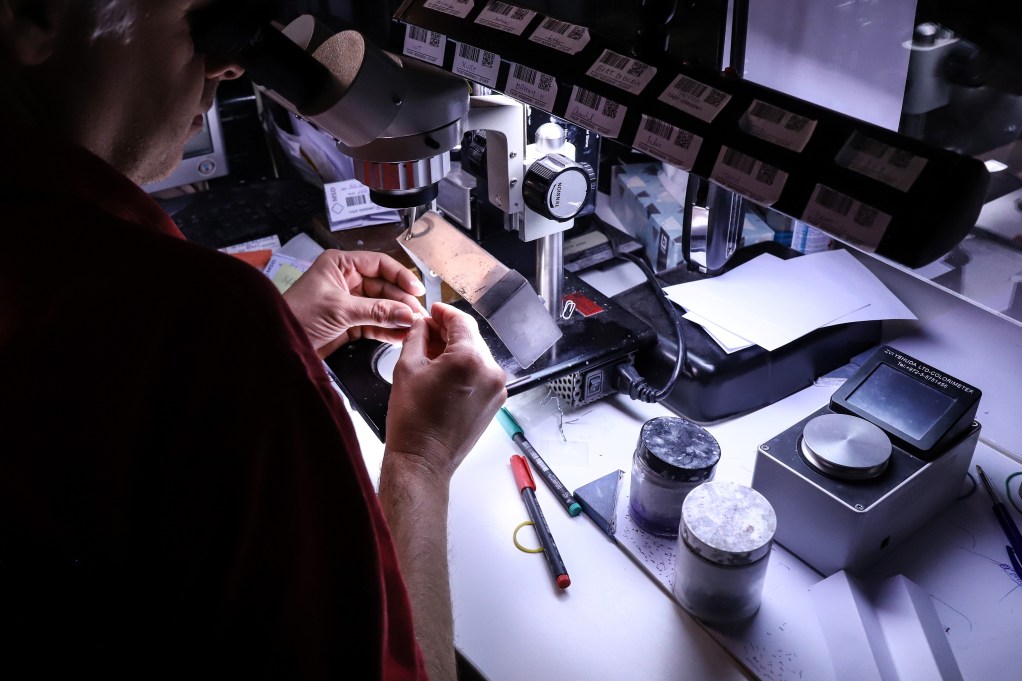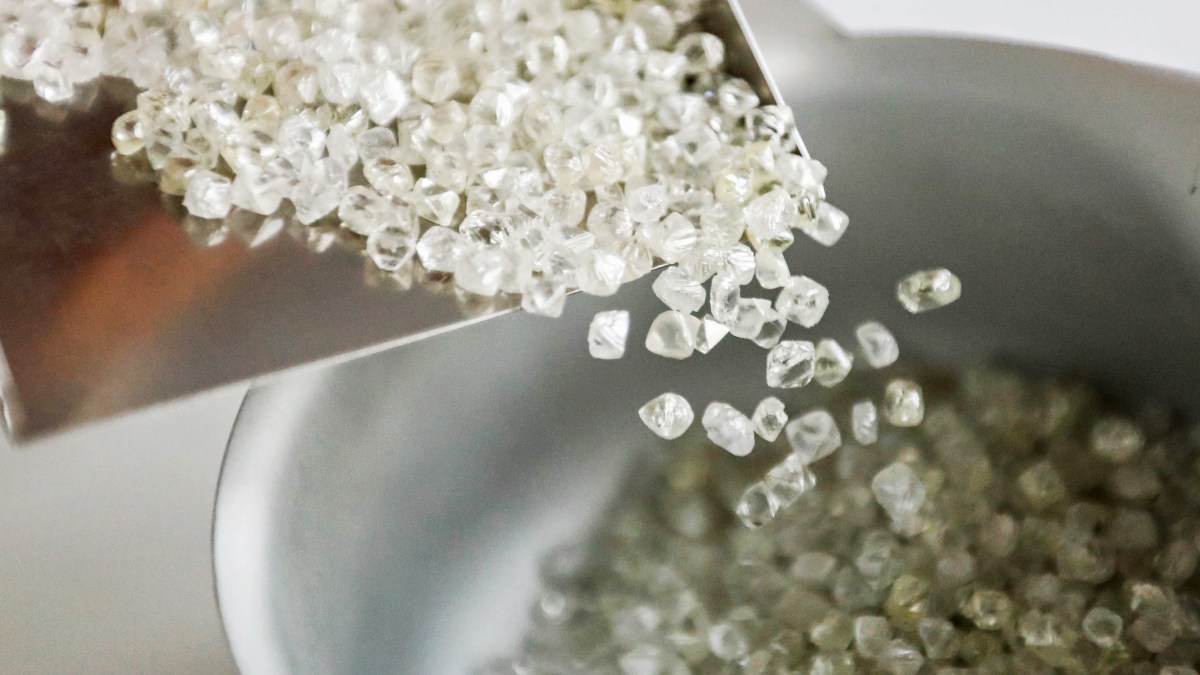Nga Emerges Victorious Amidst Chaos: The Diamond Industry in Europe
Tensions between Russia and the West have caused a ripple effect across Europe, specifically in the diamond industry. The Times recently reported that Western restrictions on Russian diamond imports have caused upheaval in the entire European diamond market. Traders in the industry are currently facing difficulties in verifying the origin of gemstones flowing into the European Union.
The ban on Russian diamonds by the EU and G7 came into effect in January 2024. The West is also implementing a system to track the origin of diamonds, with plans to finalize it by September. This system aims to help countries determine the origin of diamonds imported from Russia.
Immediately after the ban took effect, the European Commission ordered that all diamonds entering the EU must pass through Antwerp, Belgium, for verification of non-Russian origin. Since the beginning of March, all rough diamonds larger than 1 carat must be sent to Antwerp for processing. Starting from September 1st, diamonds as small as 0.5 carat will also need to be processed in Antwerp.
According to The Times, diamond centers in India, Dubai, and Tel Aviv have not imposed any sanctions on Russian diamonds. As a result, the Russian state-owned diamond company, Alrosa, has not significantly suffered in terms of sales volume.
Western officials have imposed complex paperwork requirements to prove the origin of each batch of gemstones, causing diamond traders to face prolonged delays and additional costs. Previously, it took approximately 48 hours to transport diamonds out of Africa, process them, and send them to customers. Now, this process can take up to two weeks. With interest rates at 10-11%, traders are losing a substantial amount of money every day.
Another dealer highlighted the illogical nature of the new regulations, stating that diamonds from different countries are chemically similar. This new law is causing chaos in the international jewelry market.

Image: A worker inspecting a diamond in Antwerp, Belgium (Getty)
Bottlenecks Forming in Belgium?
Immediately after Moscow initiated a special military campaign in Ukraine in 2022, the West imposed numerous sanctions on Russian resources, including oil, gold, and even salted fish roe. Due to strong lobbying efforts from Belgium, Antwerp – where 90% of the world’s diamonds pass through – was warned that it could face significant business disruptions. However, Belgium has changed its stance and now supports the idea of a diamond tracking system.
The European Commission opposes the notion of a “bottleneck” forming in Belgium. A spokesperson told The Times that while the volume of diamonds passing through Antwerp is high, it is not significantly higher than normal.
However, the diamond industry in the city is facing difficulties. Last week, the diamond industry wrote a letter to the Belgian government, criticizing the “significant delays, congestion, and costs involved in importing diamonds into the country.” The letter was signed by the CEO of De Beers, the world’s largest diamond producer and distributor.

Image: Raw diamonds (Getty)
Beneficiaries of the Non-Sanctioned Countries
Pieter Bombeke, a master craftsman in Antwerp, stated that there used to be 4,000 diamond cutters in the city, but now there are only 120. Most of the work has shifted to India, where labor costs are lower.
Diamond traders are concerned that agents may be forced to relocate to India, Dubai, or Tel Aviv, where there are no sanctions on Russian gems.
A financial advisor to Antwerp’s diamond industry mentioned that 10 companies are planning to move to Dubai or India due to the new regulations regarding diamond origin verification.
A diamond trader shared with The Times that if every diamond shipment is delayed by 2-3 weeks, the industry would incur losses of approximately half a billion USD at any given time. Who will bear the burden of these losses? It will likely be the consumers.
Business Today
